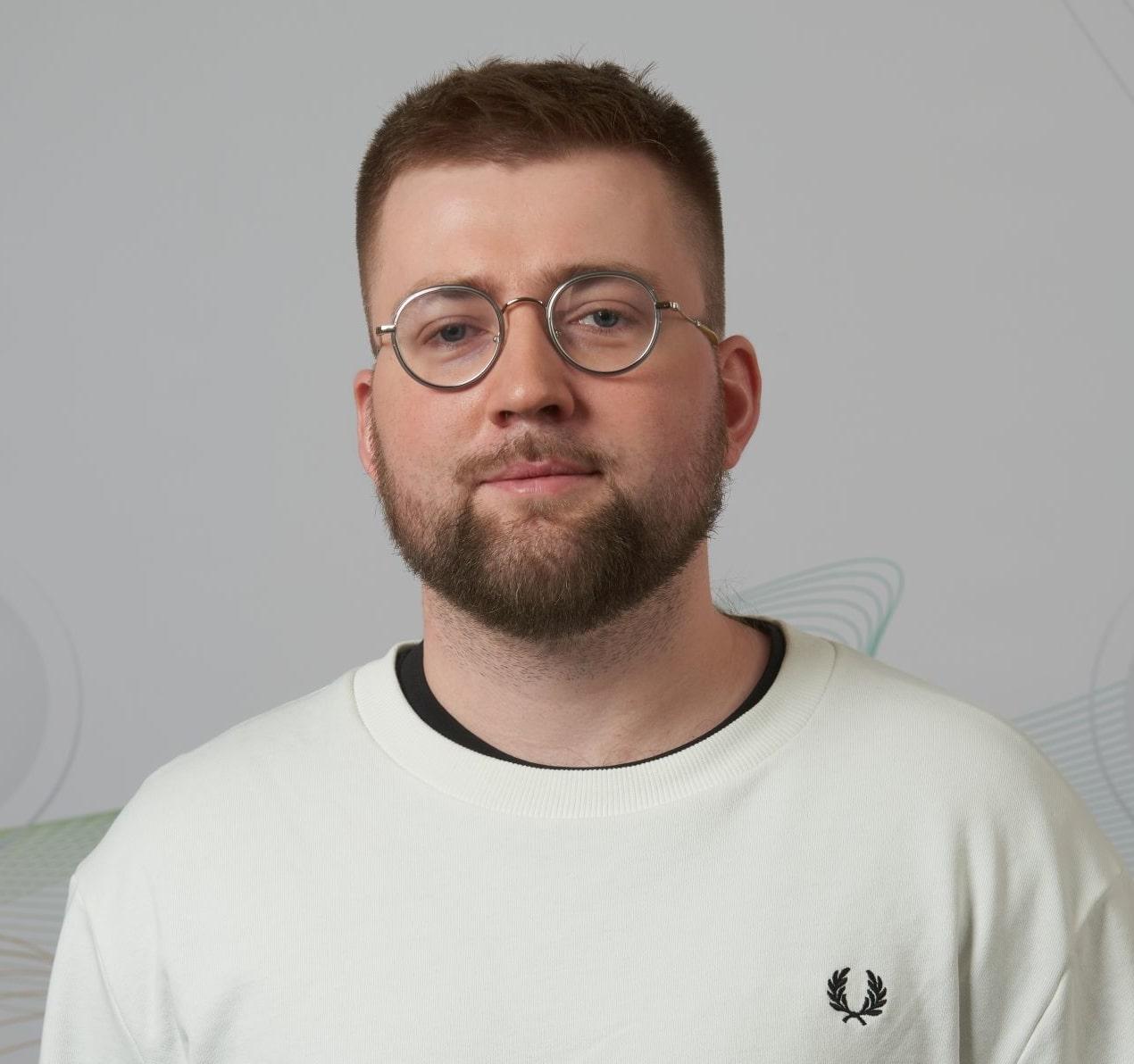Tell us about yourself?
My name is Evgeniy, at it looks like launching ML startups is my passion. In 2016, me and my friend Nikita founded FscoreLab.
We were using ML to build reliable credit scoring pipelines for microfinance institutions. In 2019, we decided that our experience can be used for social good and started Celsus – AI platform for analyzing medical images.
Right now, there are over 25 people in ML department. Time at Celsus has been the best experience of my life.
I’m responsible for high-level management decisions, adopting new engineering practices, detecting and removing bottlenecks in our ML lifecycle.
What do you think is the single biggest misconception people have when it comes to startups?
People tend to think that startups always have chaotic processes and “move fast and break things”.
While it’s important to be courageous and not be afraid of making mistakes, I think adopting best engineering and MLOps practices, working hard on our processes and communications from the start was the right choice.
Of course, it’s important to adopt new practices and tools gradually and only as required, but still, I think modern startups are often better organized in terms of processes and management than many big companies.
If you could go back in time to any moment from your journey, and give yourself one tip, what would it be?
Don’t underestimate importance of your mental health. Read books about it, meditate, regularly go to therapy, seek professional help when you’re in dark place.
You will never succeed and, even more importantly, you’ll never be happy if you don’t care about yourself and people around you.
What makes you stand out as an entrepreneur?
I think it’s my flexible mind. I’m not a brilliant mathematician or a business genius, but I adapt really well.
I like exploring the world around me, and I always keep my eyes open for new opportunities and non-standard ways of using familiar concepts.
This is a very useful skill both when training neural networks and when solving business problems.
What are some of the best working habits you’ve gained over the past couple of years?
I love taking notes, and about a year ago I started using Obsidian as my main note taking tool. This has been life changing.
Every time I study a new topic, finish reading a book, come up with a new idea, prepare for a meeting – I use Obsidian to write summaries, my thoughts and questions.
It acts as my own internal Wiki. For example, I often write about ML and management in my Telegram channel, and these notes are super helpful for creating new content.
Give us a bit of an insight into the influences behind the company?
The company was founded to bring ML expertise into exciting medical world. We want to give doctors more time to spend with their patients and to pay more attention to their pain and emotions.
Aulus Cornelius Celsus owns the authorship of the quote: “You can’t cure what you couldn’t recognize.” It inspired us to name the company and technology in honor of this great scientist and doctor.
Where do you see your business in five years?
Our whole industry (AI in healthcare), including our company, is working hard to finally move from successful scientific experiments and pilot projects to transforming radiology and healthcare. I hope that Celsus will be at the forefront of this transformation.
Medical and ML communities will need to work together to achieve the ambitious goal – incorporating a plethora of AI solutions into everyday medical practice.
What do you think the biggest challenge will be for you in getting there?
There are multiple problems that slow down adoption of AI technologies in medicine:
1) Lack of specialized AI regulations
2) Unresolved ethical issues – for example, who is responsible when AI makes medical mistakes?
3) The most useful scenarios of using AI in radiology and medicine are yet to be found 4) It’s hard to measure economic effect of adopting AI systems
Talk to us about your biggest success story so far?
All our AI services (Mammography, Chest X-ray, Fluorography, Brain CT) ranked No.1 in July 2022 in the Experiment on the use of innovative computer vision technologies for medical image analysis in the healthcare system of Moscow (https://mosmed.ai/en/).
This is a huge success for us as this experiment is the largest real-world experiment that measures effectiveness of radiological AI systems in the world.
Our systems processes tens of thousands of medical images of the real patients each month, and this result proves that our systems are the best in Russia at the moment.
How do clients and customers find you? Are you much of a salesperson for yourself?
There are many marketing activities that we are involved in. As Head of AI department, I’m particularly proud of our conference talks about medical ML.
For example, we organized “Horrors of Medical Data” conference track (with Data Fest Online 3.0) where ML people from medical startups gave talks about medical data and interesting ML projects – https://ods.ai/tracks/medical-data-df2022.
What one tip would you give to fellow startup founders?
Don’t hire people that are technically skilled but don’t share your company core values and culture. You need people around you that care about what you do.
And finally, what do you hope the future brings both you personally, and your business?
More interesting ML projects, more business impact, better outcomes for the patients. Peace on Earth




